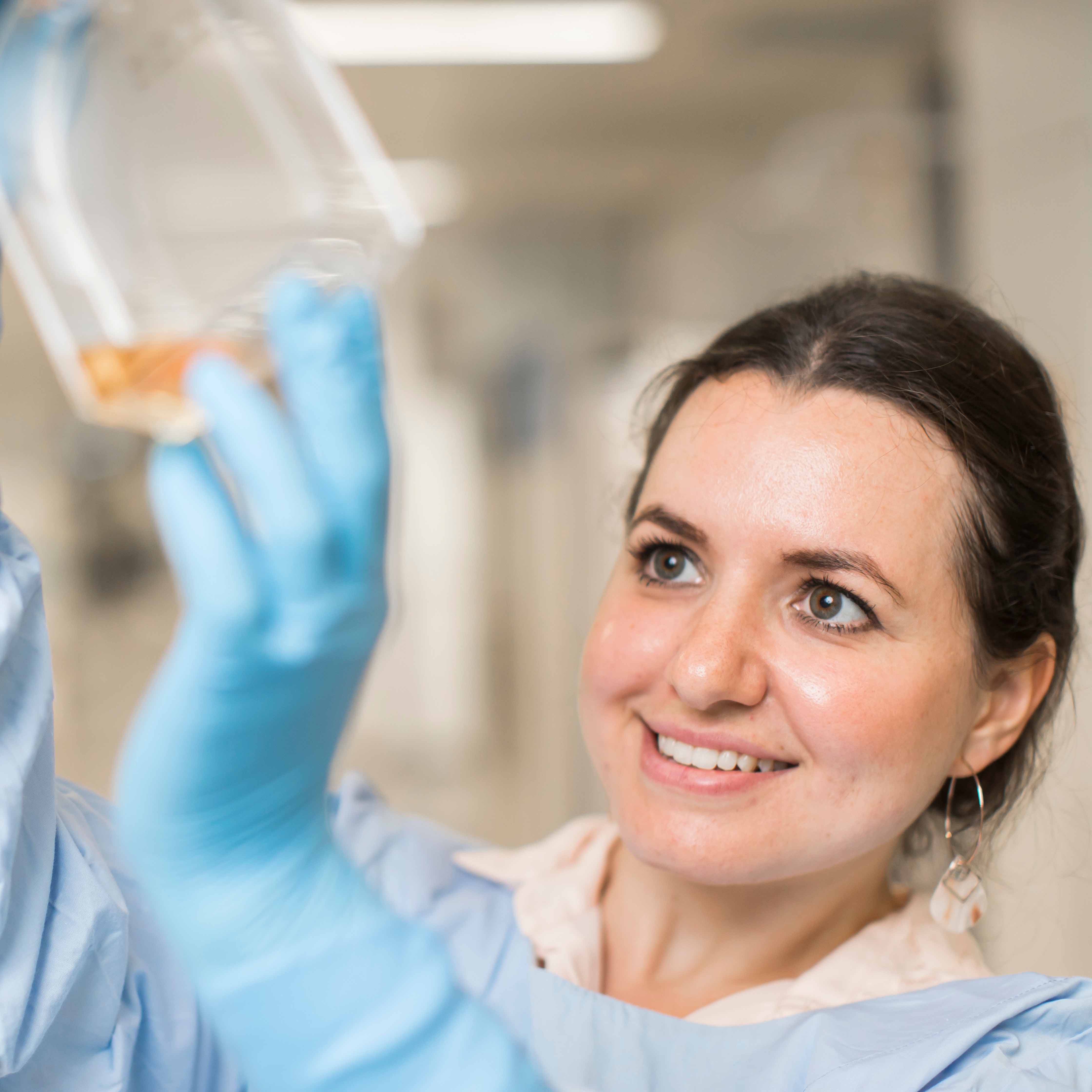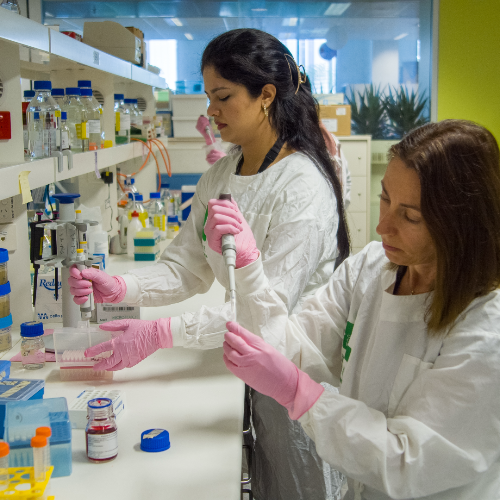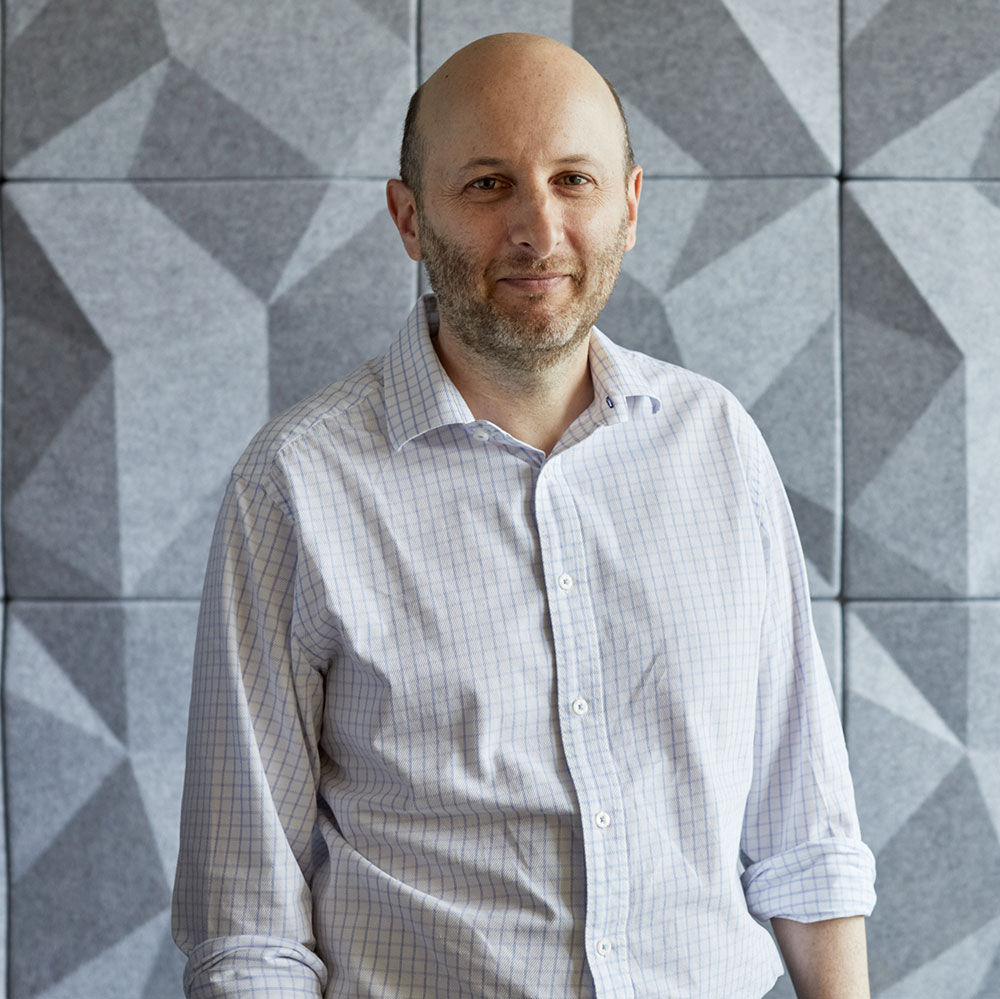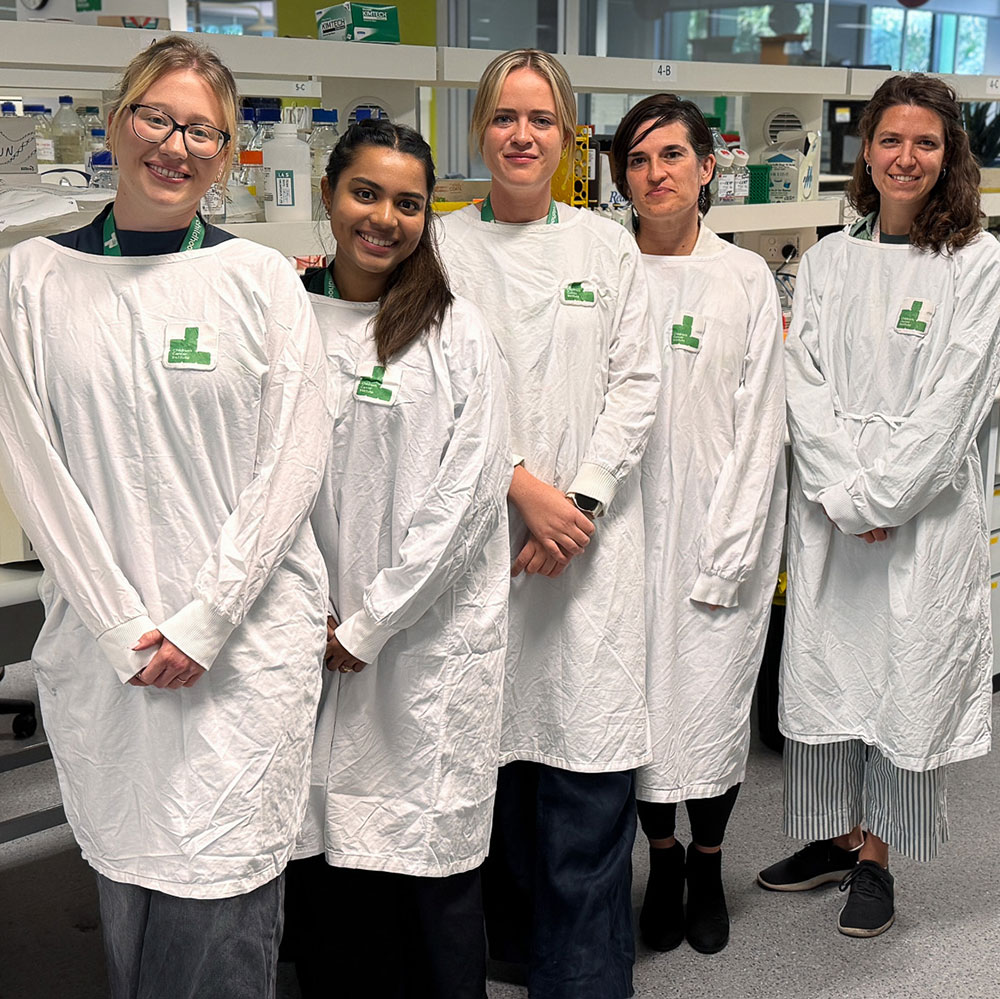A new clinical trial for fatal paediatric brain cancer, Diffuse Intrinsic Pontine Glioma (DIPG), has launched in Australia, offering new treatment options and hope to children living with the devastating disease.
Now, for the first time outside of the United States, doctors at Sydney Children’s Hospital, Randwick (SCH) will use a child’s own immune system to specifically target DIPG and diffuse midline glioma tumours through modified T-cell therapy, otherwise known as CAR-T cell therapy.
DIPG is the most aggressive of all childhood cancers and is one of the only cancers that still lacks effective treatment. The rare, fast-growing and incurable tumour forms in part of the brain stem called the pons, which is responsible for vital functions like breathing, sleeping, bladder control, and balance.
On average, 20 Australian children are diagnosed with DIPG each year, with most dying from the disease within 12 months of diagnosis.
The trial, called Levi’s Catch, will use CAR-T cell therapy to genetically modify a patient’s own immune cells in a laboratory to teach them to target and attack the tumour. The hope is that once reinfused into the patient, these immune cells will have the ability to scan and destroy harmful cancer cells without damaging most other healthy cells.
Clinical trial lead, Professor David Ziegler, Senior Staff Specialist in the Kids Cancer Centre at SCH and Group Leader of the Brain Tumours Group at Children's Cancer Institute said this is a cutting-edge approach to treating DIPG.
“This is a completely new way of attacking this deadly brain cancer. If we can take what we have already learnt in the use of CAR-T cell therapy for treating other childhood cancers and translate this to help treat kids with brain cancer, it could be a game changer,” Professor Ziegler said.
“Every year, we see too many children die of this devastating disease. These children are what drives our research and reminds us that we need to be on the cutting-edge of research and treatment every, single day.”
“It’s because of these kids that we will never accept the status quo and will continue to push boundaries so children don’t have to die from DIPG.”
Levi’s Catch has been named in memory of Levi Wheeler, who sadly died from DIPG in 2018 when he was eight years old. To honour his legacy, his parents, Ben and Kathryn, set up Levi’s Project and have since raised more than $4 million, with another $2 million pledged, for DIPG research through philanthropic and community support, including contributing $600,000 towards this trial.
“Having seen firsthand the devastating effects of DIPG, we are proud that Levi’s Project is able to fund such important work,” Kathryn Wheeler said.
“We are excited to see this clinical trial, in honour of our boy Levi, open across Australia, providing what we hope will be first effective treatment for children with this devastating disease.”
Professor Ziegler expressed the importance of this support for DIPG research.
“Through their fundraising efforts, Levi’s family and friends have really boosted our DIPG research program, both in the labs and in clinical trials. Thanks to their support, we are one of the first places in the world to be able to offer this sort of treatment and give new options to help kids like Levi.”
Levi’s Catch is open to children across Australia and is a collaboration between the Kids Cancer Centre at SCH, Children’s Cancer Institute, Royal Adelaide Hospital and the University of South Australia, with support from the Cancer Institute NSW.
For more information on Levi’s Catch please click here.
To find out more about our DIPG research please click here.














